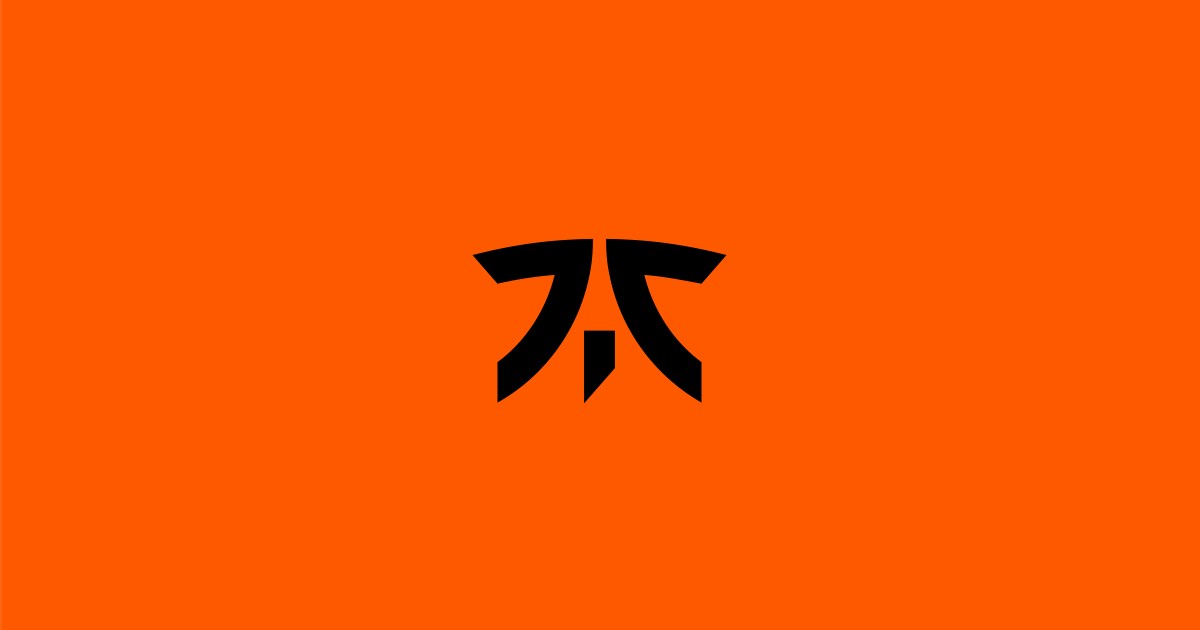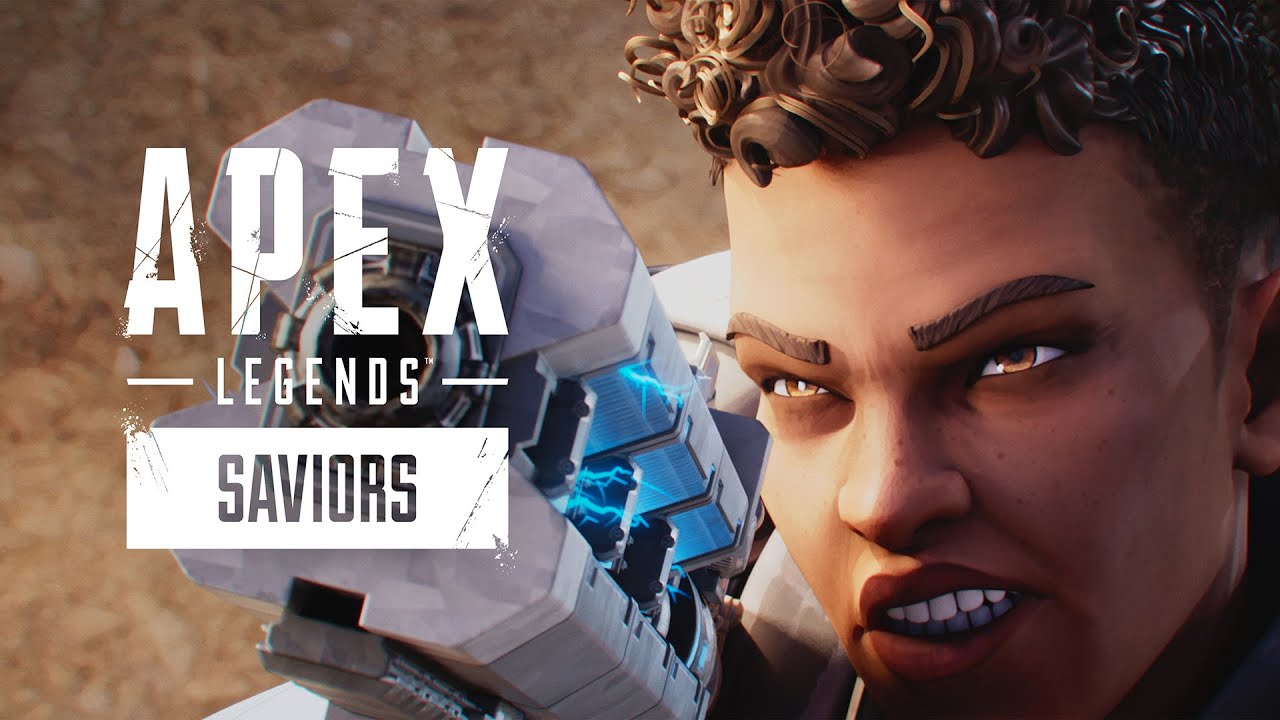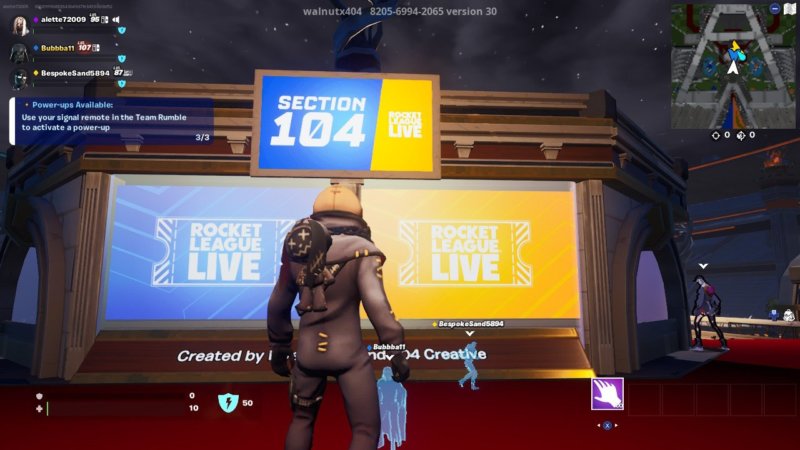- Hardware
Owners left with worthless NFTs after F1 Delta Time racing game shuts down
Learning the hard way.
F1 Delta Time was released in 2019 before the NFT boom and offered players a “play-to-earn” experience with its Ethereum-based NFTs. It’s just three years later, and the game has folded, leaving players with worthless investments.
The officially-licensed F1 game was geared toward racing fans and allowed them to live out their dreams of owning their own team. Unlike most games with paid content, every item in F1 Delta Time, including things like tires, cars, and helmets, were NFTs paid for with the Ethereum-based REVV token. Most in-game items weren’t expensive, but some, like the “111” car, were sold for around $113,000. The pay-to-play model was mandatory, and there was no way to build a team or race without buying the NFT items.
Aminoca Brands, the game’s publisher, announced that it would be shutting down, saying, “It is with deep regret that we announce that F1 Delta Time will cease operations on 16 March 2022. While we have not been able to renew our license, we will ensure that current owners of F1 Delta Time assets are rewarded for their loyalty and support.”
The news is disappointing for players who invested real money because their virtual items were only valuable in the game and serve no other purpose. To make matters worse, Aminoca Brands won’t be offering any refunds, and players can swap their now-defunct assets for tokens for other games in its lineup, like MotoGP Ignition and Revv Racing.
NFTs have been a contentious issue in the gaming community, and companies like EA Games have had to scrap their plans due to the backlash. The end of F1 Delta Time highlights the risks involved and could warn players to think twice before buying them.














